Engage students in practising their learning around the consonant digraph of ‘kn’ with this fun knight-themed interactive activity.
Practise Identifying the Kn Consonant Digraph
The “kn” digraph is considered tricky because, unlike many other digraphs, the “k” in “kn” is silent. In most words, when you see the letter “k,” you expect to hear the “k” sound. However, when “k” is paired with “n” in the “kn” combination, the “k” remains silent, and only the “n” sound is pronounced.
This departure from the expected sound can confuse learners, especially those just starting to grasp the relationship between letters and sounds. The silent “k” in “kn” adds a layer of complexity to phonics rules and requires explicit instruction and practice.
This knight-themed interactive activity has been created by an experienced teacher with little learners at the forefront of the design. The activities students will complete include:
- Look at pictures, decide if the object contains the ‘kn’ sound, and use a tick or a cross to show their understanding.
- Sorting words into a ‘kn’ list and a ‘not kn’ list.
- Type in the correct word in for a set of four pictures, including – knot, knife, knickle, and knee.
- Read a simple sentence that contains a word with the ‘th’ digraph and match an image to each sentence.
- Sorting real and nonsense words that include the ‘kn’ digraph.
- Look at pictures and decide which word matches the image. x 4.
- Finding ‘kn’ digraph in a small paragraph of writing.
- Plus more!
What Are the Benefits of Using Interactive Activities in the Classroom?
- Interactive activities grab students’ attention and keep them actively involved in the learning process.
- Interactive activities often engage multiple senses, appealing to various learning styles. Visual, auditory, and kinesthetic learners can all benefit from hands-on experiences, enhancing retention and understanding.
- When students actively participate in their learning, they take ownership of their education. Interactive activities encourage students to take the lead, fostering a sense of autonomy and boosting confidence in their language skills.
- Hands-on experiences like using this ‘wr’ interactive activity creates stronger connections in the brain, leading to better memory retention.
- Learning should be fun! By infusing playfulness into the educational process, students associate positive emotions with the learning experience.
- With the prevalence of digital tools, interactive activities can seamlessly incorporate technology. Online games, interactive quizzes, and multimedia resources make learning about the ‘kn’ digraph accessible and engaging for tech-savvy students.
Download and Build Knowledge Today!
Use the drop-down menu to choose between the PowerPoint version or the Google Slide version of this resource. It is important that students use this activity in ‘edit’ mode to ensure the interactive features work properly.
This resource was created by Lindsey Phillips, a Teach Starter collaborator.
More Consonant Digraph Resources
If you’re looking for more consonant digraph resources to add to your phonics lessons, we have you covered…
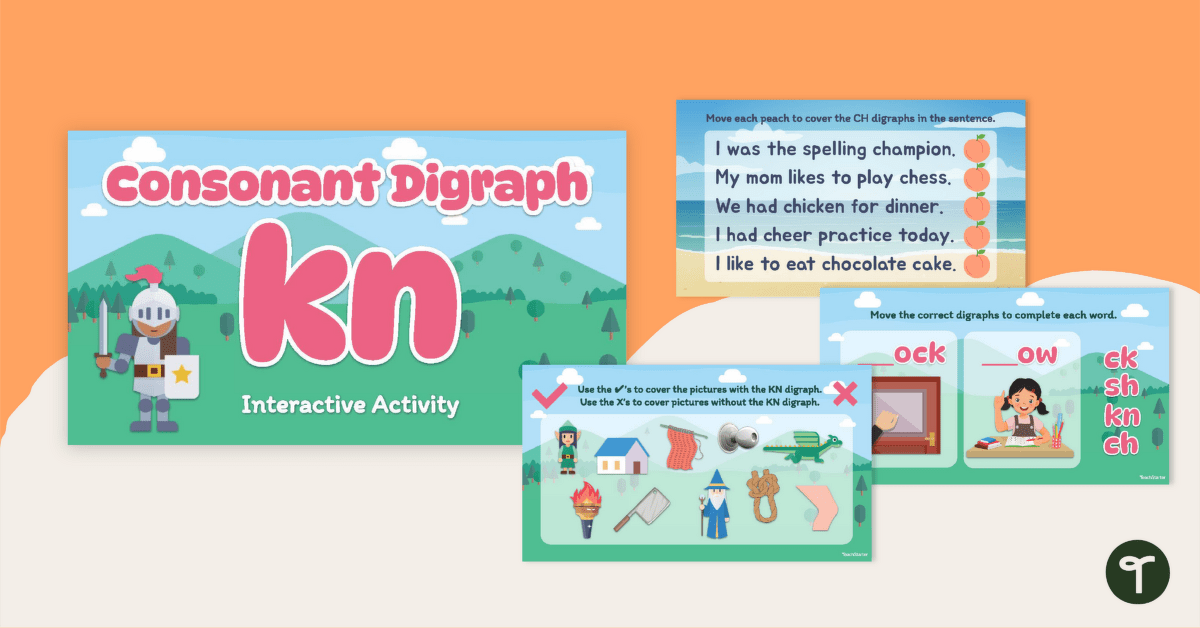

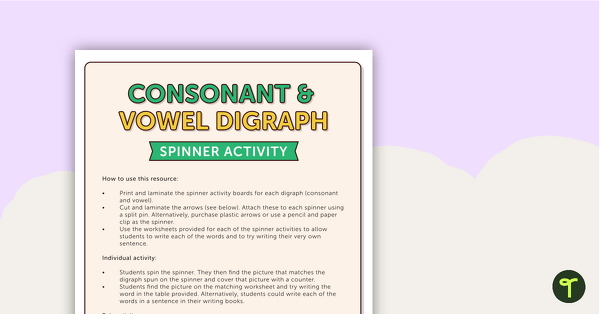
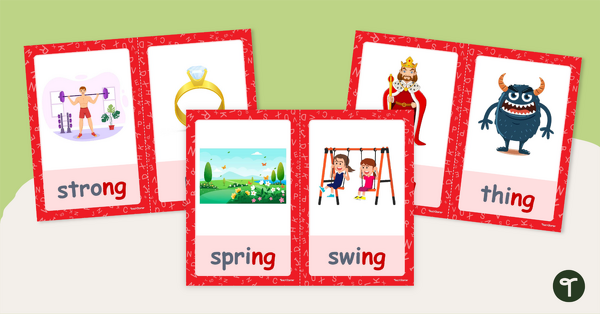
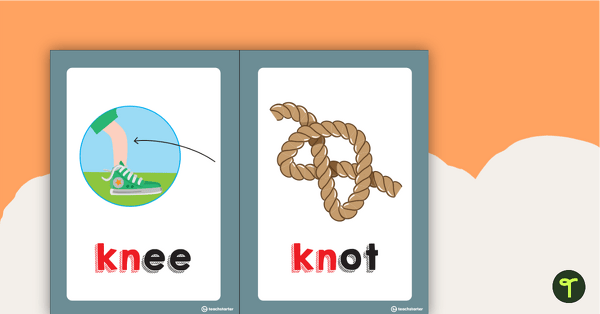
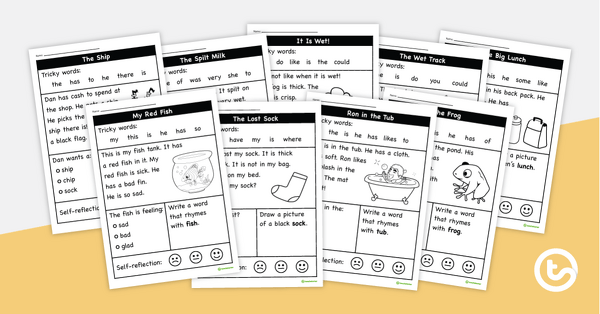
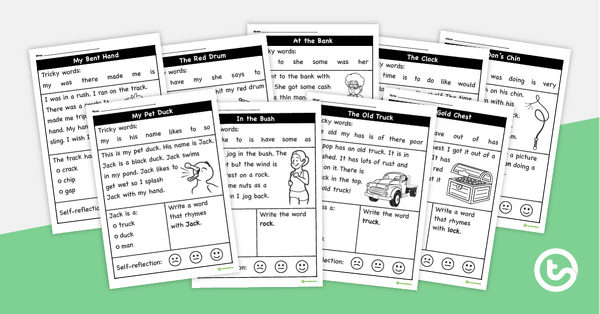
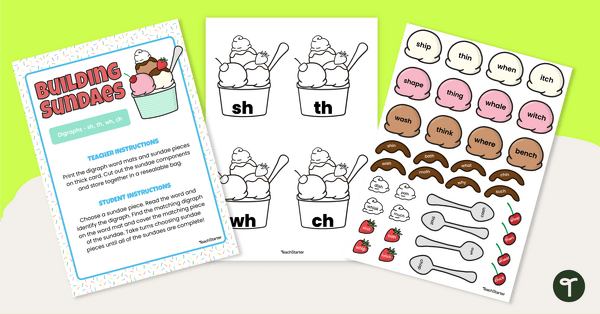
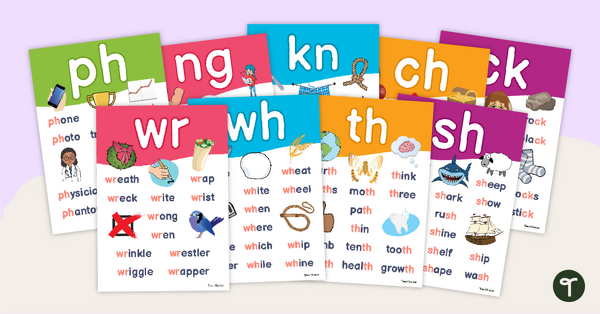
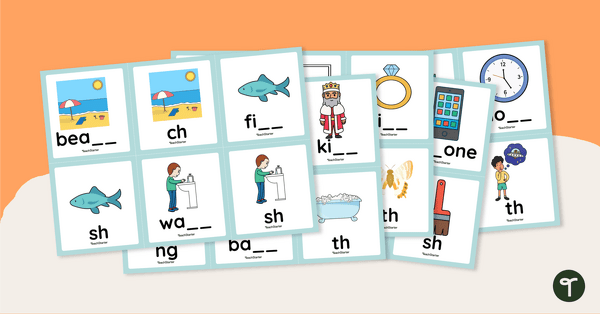
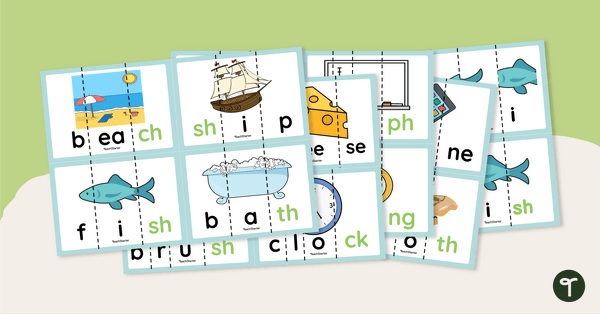
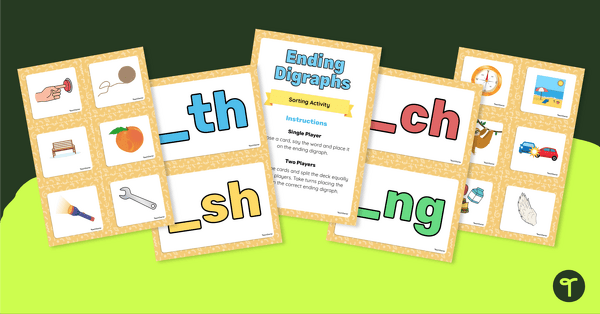
0 Comments
Write a review to help other teachers and parents like yourself. If you'd like to request a change to this resource, or report an error, select the corresponding tab above.